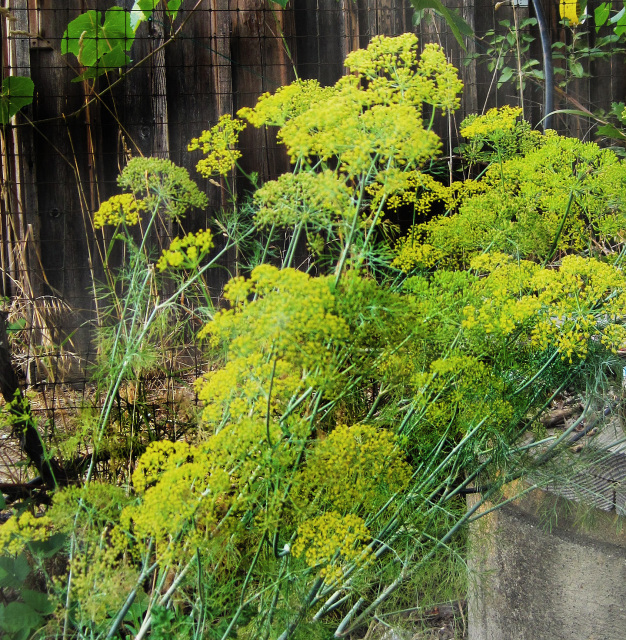- Herb Seeds
- >
- Medicinal and Historic Herbs
- >
- Dill "Bouquet"
Dill "Bouquet"
A good companion plant in the garden. Dill is useful at every stage--the leaves are a treasured culinary herb, flowers are edible and draw butterflies, and the seeds are used in pickles, breads, cabbage dishes, and teas. The word "dill" means "to soothe" in Norse, and indeed it has been used for centuries to soothe upset, gassy stomach and cramps as well as colicky or teething babies. With the new popularity of kale, collards, Brussels sprouts, and broccoli, it's time for a rediscovery of the benefits of dill--a good companion for them, in both the garden and the kitchen.
This bolts fairly quickly to flower, drawing many beneficial insects and producing seed for pickling, etc. To have leaves for seasoning, plant every couple of weeks during the summer.
Young leaves make a great addition to salads. For planting thickly and clipping as baby greens, note that we now carry large-size packets.

